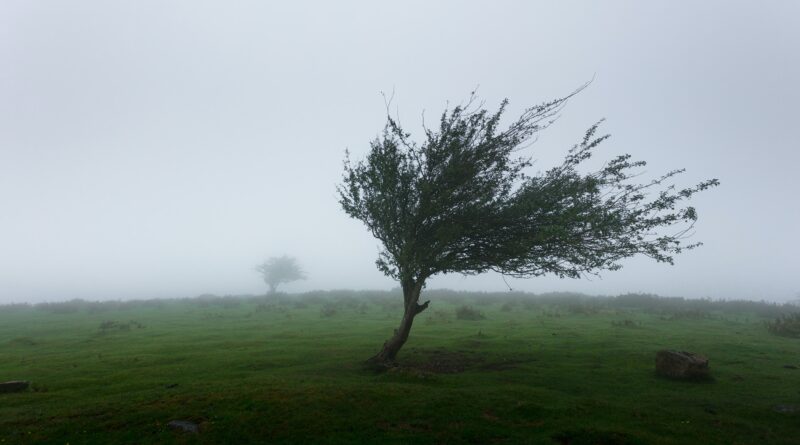Kaze (風/風邪 – Wind/Cold)
Kaze
風と風邪
The Japanese word “kaze” has two different meanings; “wind” (風) and “(common) cold” (風邪), and both are often used in daily conversation.
「かぜ」という日本語の単語は、「風」と「風邪」の二つの意味を持ち、どちらの意味でもよく使用されます。
The “ka” of “kaze” means a movement of the atmosphere, and “ze” means wind, so originally “kaze” meant either of them.
「かぜ」の「か」は大気の動きを、「ぜ」は風を意味する言葉であり、「かぜ」はもともと大気の動きや風を意味する言葉でした。
The reason why it has come to mean a cold (a kind of illness) is because the illness could spread due to the movement of the atmosphere or the wind.
「風邪」の意味を持つようになったのは、風邪が空気の動きによって伝染する事実に由来すると考えられます。
You can use “kaze” (風 – wind) like: “Kaze ga fuku” (風が吹く – The wind blows), or “Kaze ga tsumetai” (風が冷たい – The wind is cold).
「風」は、「風が吹く」や「風が冷たい」のように使います。
You can use “kaze” (風邪 – cold) like: “Kaze wo hiku” (風邪をひく – I get a cold), or “Kaze wo utsusareru” (風邪をうつされる – I pick up a cold).
「風邪」は、「風邪をひく」や「風邪をうつされる」のように使います。




